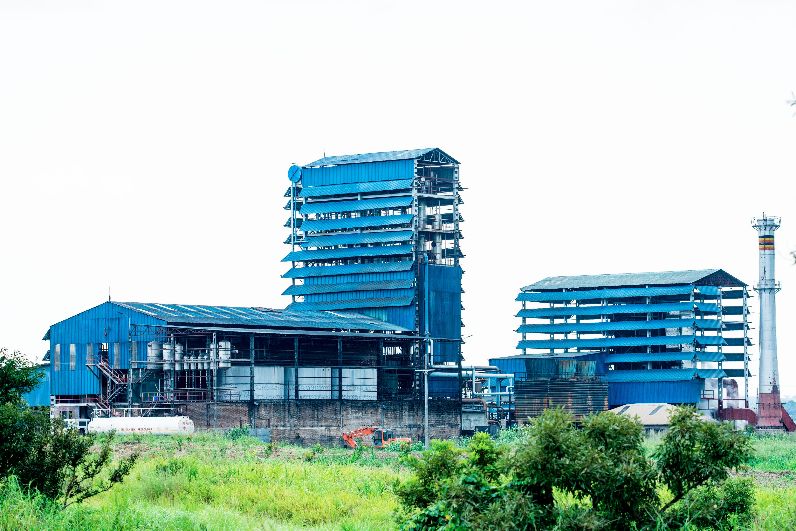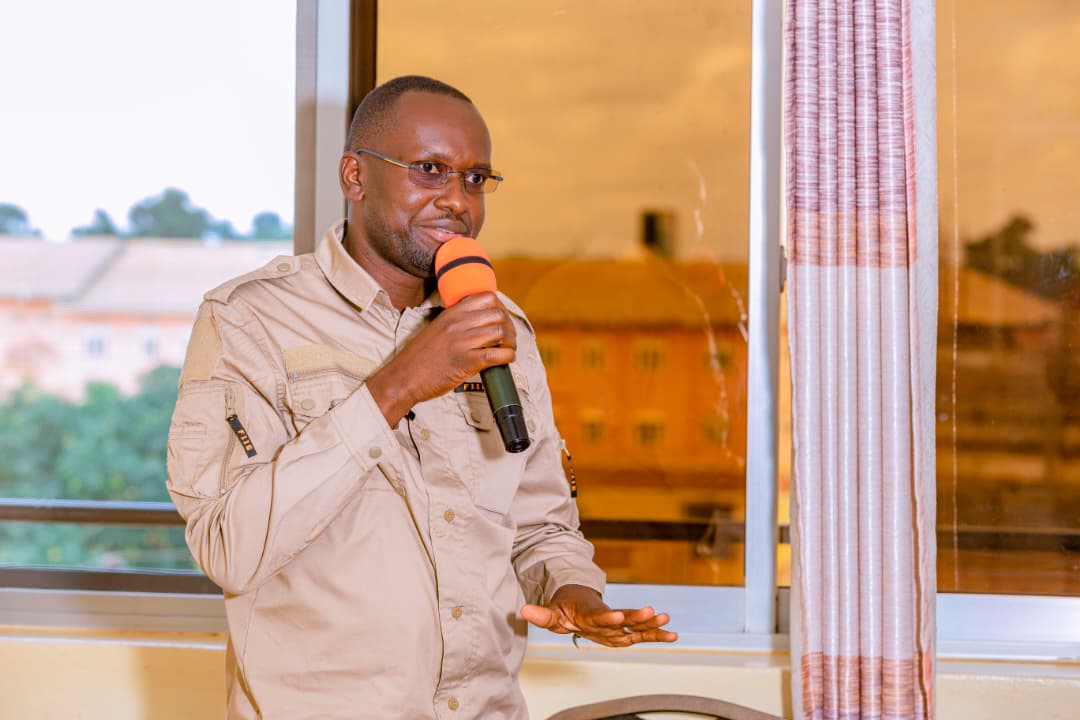Land and Equity Movement in Uganda (LEMU) researchers led by Executive Director Dr Theresa Auma have uncovered what they describe as the “Unjust Transitions: Intricacies of Exclusion and Exploitation in Green Energy Projects in Northern Uganda.”
In this research, falling under the main one titled “The Preventive Legal Empowerment: early Alerts and Action to Strengthen Rights in the Context of Land-Based Investments in Uganda,” Dr Theresa and Alex Ssebukalu did a case study on Bukona Agro Processors, a cassava-based distillery manufacturing ethanol located in Koch-goma sub-county in Nwoya district.
In 2017, the government launched the cassava commercialisation project through the Acholibur Parish Project (APP) and Bukona Agro Processors Ltd as two main avenues to eradicate poverty and cause a shift towards the use of green energy in Northern Uganda.
However, the relationships between the factory and the local community of Koch-Goma became intricate as per the empirical data gathered by the researchers.
The data was collected between January 2022 and January 2025 with about 220 individuals participating.
“This case study presents findings on the nature and extent of local community grievances as being related to displacement of land use patterns, exploitation of labour, environmental degradation and shows that the power imbalance between the investment company and the local community is reinforced by the interest of the Uganda government and those of the global and regional financial institutions that fund the investment in the name of promoting a just transition to green energy,” the researchers say.
What were the main findings?
The first finding was grievances around land and land use. “In recent years, Uganda begun to experience the reality of the global hype about “green transition” in an economic context driven by capitalist-market imperatives through mainly Foreign Direct Investments,” Dr Theresa and Ssebukalu said.
They added that the contestation around the Bukona intervention having implications for land rights and land use is that “much as the call for local farmers to grow cassava was not a direct form of land grabbing, the farmers argue that it was a new form of indirect land grabbing because their land was rendered useless during the period they grew cassava.”
Read more here.




